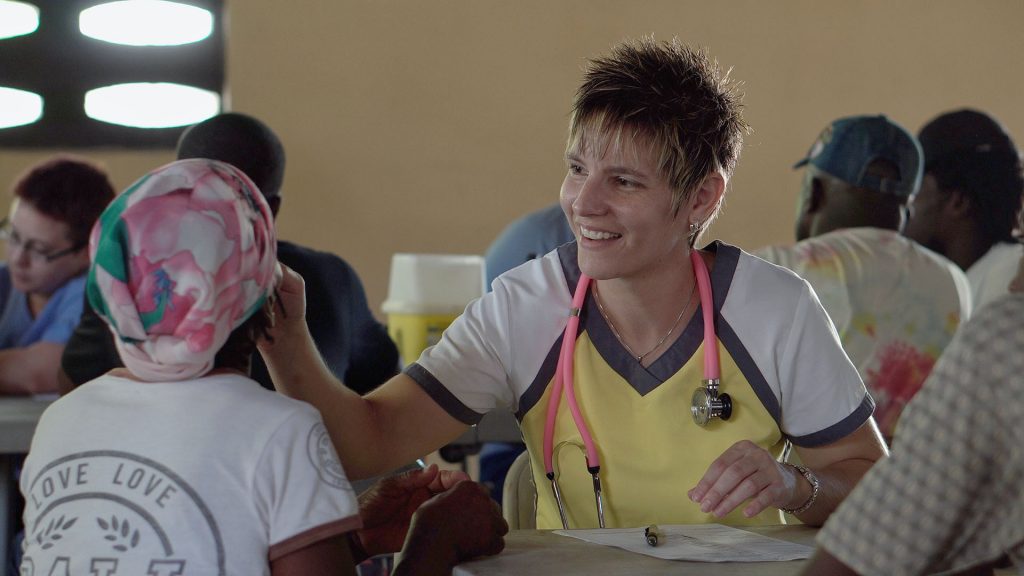
Harm Reduction Alliance of the Philippines is a national peer-run advocacy and capacity-building association that aims to promote harm reduction as part of the country’s public health policy, for the benefit of every individual’s right to well-being.
Our work is driven by our commitment to ensuring that individuals are made aware about and educated on harm reduction, its applications, and practices in their daily lives. We also stand for the social inclusion of marginalized communities, which oftentimes are the main beneficiaries of harm reduction practices.
Harm reduction refers to a range of practical strategies aimed at lessening the negative social and physical consequences associated with particularly risky human behaviors.
Harm reduction was developed, initially, as policy to address the issue of substance abuse for adults who failed at abstinence. Its importance as dogma was highlighted by then Special Rapporteur on the right to health, Paul Hunt, in the report, The State of Harm Reduction:
“In seeking to reduce drug-related harm, without judgment, and with respect for the inherent dignity of every individual, regardless of lifestyle, harm reduction stands as a clear example of human rights in practice. What began as health-based intervention in response to HIV must today be recognised as an essential component of the right to the highest attainable standard of health for people who inject drugs.”
Harm reduction policies or programs are supported by 84 countries worldwide, with 74 countries having explicit supportive reference to harm reduction in national policy documents. HARAP is hopeful that the Philippines will follow suit.
Over the years, however, harm reduction approaches have proven to be effective in reducing deaths and illness in a variety of human health facets, such as sexual health, road and traffic safety, tobacco use, and alcohol use. Harm reduction interventions such as clean syringe access, overdose prevention education, traffic rules and safety instruction, and alternatives to smoking are viable approaches to ensuring overall public health.
Harm Reduction
Harm reduction refers to a range of practical strategies aimed at lessening the negative social and physical consequences associated with particularly risky human behaviors.
Harm reduction was developed, initially, as policy to address the issue of substance abuse for adults who failed at abstinence. Its importance as dogma was highlighted by then Special Rapporteur on the right to health, Paul Hunt, in the report, The State of Harm Reduction:
“In seeking to reduce drug-related harm, without judgment, and with respect for the inherent dignity of every individual, regardless of lifestyle, harm reduction stands as a clear example of human rights in practice. What began as health-based intervention in response to HIV must today be recognised as an essential component of the right to the highest attainable standard of health for people who inject drugs.”
Harm reduction policies or programs are supported by 84 countries worldwide, with 74 countries having explicit supportive reference to harm reduction in national policy documents. HARAP is hopeful that the Philippines will follow suit
Over the years, however, harm reduction approaches have proven to be effective in reducing deaths and illness in a variety of human health facets, such as sexual health, road and traffic safety, tobacco use, and alcohol use. Harm reduction interventions such as clean syringe access, overdose prevention education, traffic rules and safety instruction, and alternatives to smoking are viable approaches to ensuring overall public health.
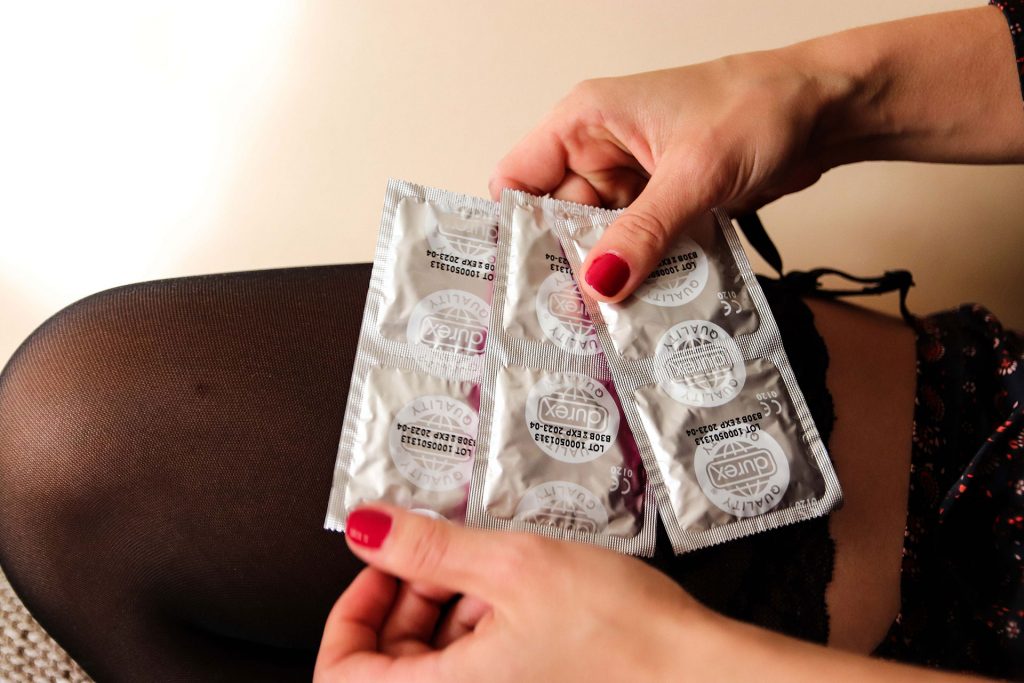
The United States Center for Disease Control leads the realization of the harm reduction approach in the United States in relation to HIV/AIDS prevention. Harm reduction programs for HIV/AIDS in the USA have been done through syringe exchange programs in several parts of the country, vaccination for the prevention of Hepatitis, and recommendations for access to pre-exposure prophylaxis.
In Canada, the government has taken the stance that harm reduction is a vital part of a comprehensive, compassionate and collaborative public health approach to substance abuse. The Canadian Drugs and Substances Strategy supports measures that reduce the harmful health, societal and economic effects of substance use disorders on individuals, their families and communities, and has accepted that not everyone is able to enter treatment at all times.
Harm reduction activities are maintained by the government in the form of public education awareness campaigns and including harm reduction measures to federally funded health services for certain individuals.
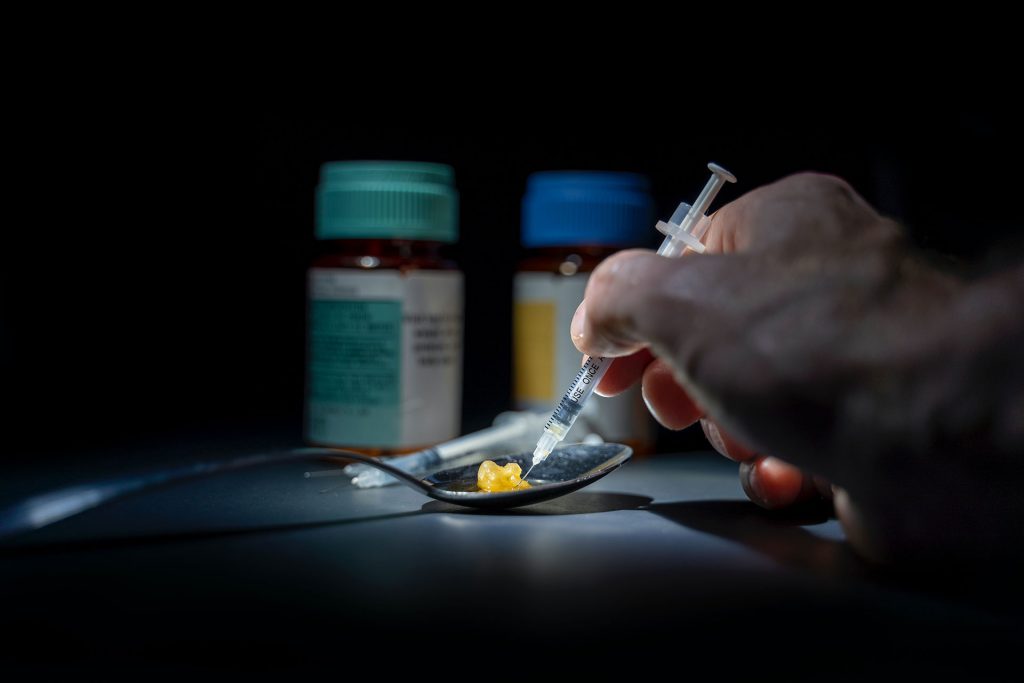

The United Kingdom is a leader in the promotion of tobacco harm reduction. The government’s proactive promotion of electronic cigarettes as smoking alternatives has effected a record decline in smoking rates. Having built its scientific understanding of electronic cigarettes and the relative benefits of less harmful alternative tobacco products, the UK has integrated the use of electronic cigarettes in its overall tobacco control strategy. Apart from robust awareness campaigns on electronic cigarettes to ensure that smokers know about the choices available to them, the UK continues to monitor and conduct studies on the effects of electronic cigarettes in the long term.
The United States Food and Drug Administration states on its website that "products containing nicotine pose different levels of health risk to adult users, with combustible products -- like cigarettes, with their toxic mix of more than 7,000 chemicals and efficient delivery of nicotine to maximize addiction potential -- being the most harmful, nicotine replacement therapies (NRTs) being the least harmful, and noncombustible products falling somewhere in between." The FDA then said that the agency is conducting ongoing research on potentially less harmful forms of nicotine delivery for adults. Though the agency said that more research on both individual and population health effects is needed, it also acknowledged that many studies suggest e-cigarettes may be less harmful than combustible cigarettes.
Under US law, a modified risk tobacco product (MRTP) application can be submitted by any person for a proposed MRTP seeking an FDA modified risk order. An order permitting the sale of an MRTP refers to a single specific product, not an entire class of tobacco products. An MRTP application must demonstrate that the product will or is expected to benefit the health of the population as a whole. In 2019, the FDA granted the first-ever modified risk orders to eight snus smokeless tobacco products. This means the eight products may be advertised with specific information about the lower risks of certain health effects using the products compared to smoking cigarettes. In 2020, the FDA issued exposure modification orders to a heated tobacco product finding that the product heats the tobacco and does not burn it and that this significantly reduces the production of harmful and potentially harmful chemicals. The FDA further concluded that scientific studies have shown that switching completely from cigarettes to the approved heated tobacco product significantly reduces your body’s exposure to harmful and potentially harmful chemicals.

The United States Center for Disease Control leads the realization of the harm reduction approach in the United States in relation to HIV/AIDS prevention. Harm reduction programs for HIV/AIDS in the USA have been done through syringe exchange programs in several parts of the country, vaccination for the prevention of Hepatitis, and recommendations for access to pre-exposure prophylaxis.
In Canada, the government has taken the stance that harm reduction is a vital part of a comprehensive, compassionate and collaborative public health approach to substance abuse. The Canadian Drugs and Substances Strategy supports measures that reduce the harmful health, societal and economic effects of substance use disorders on individuals, their families and communities, and has accepted that not everyone is able to enter treatment at all times.
Harm reduction activities are maintained by the government in the form of public education awareness campaigns and including harm reduction measures to federally funded health services for certain individuals.
The United Kingdom is a leader in the promotion of tobacco harm reduction. The government’s proactive promotion of electronic cigarettes as smoking alternatives has effected a record decline in smoking rates. Having built its scientific understanding of electronic cigarettes and the relative benefits of less harmful alternative tobacco products, the UK has integrated the use of electronic cigarettes in its overall tobacco control strategy. Apart from robust awareness campaigns on electronic cigarettes to ensure that smokers know about the choices available to them, the UK continues to monitor and conduct studies on the effects of electronic cigarettes in the long term.
There’s power in numbers!
If your organization believes in our cause, join us by clicking the button below.


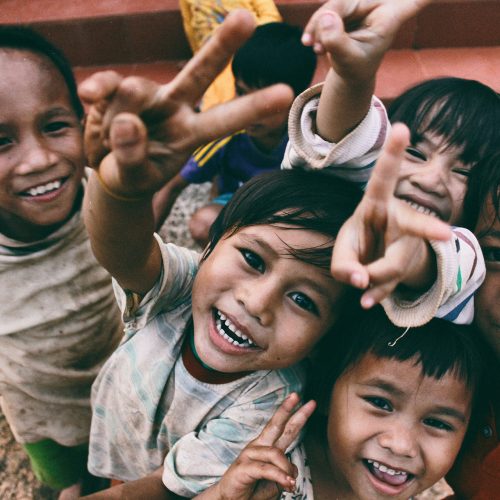
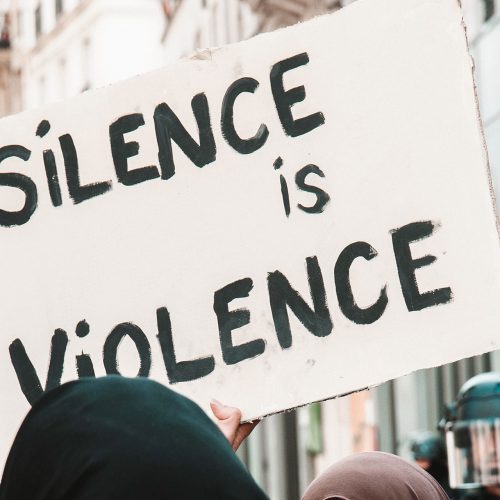
Input your search keywords and press Enter.